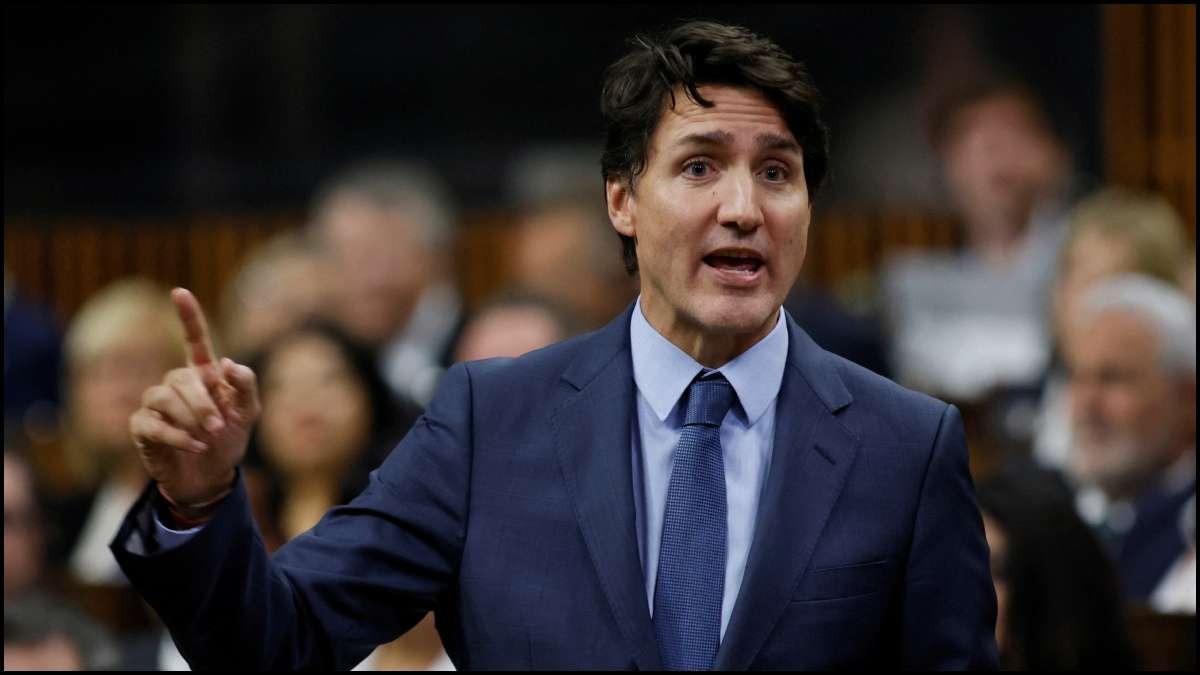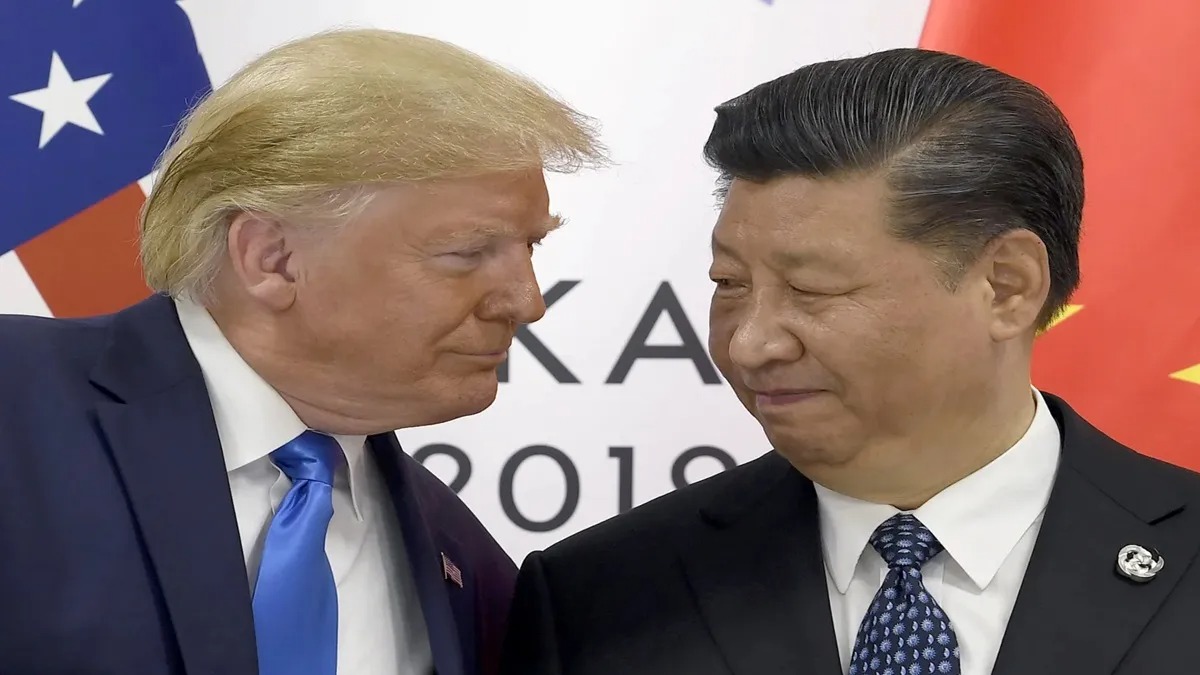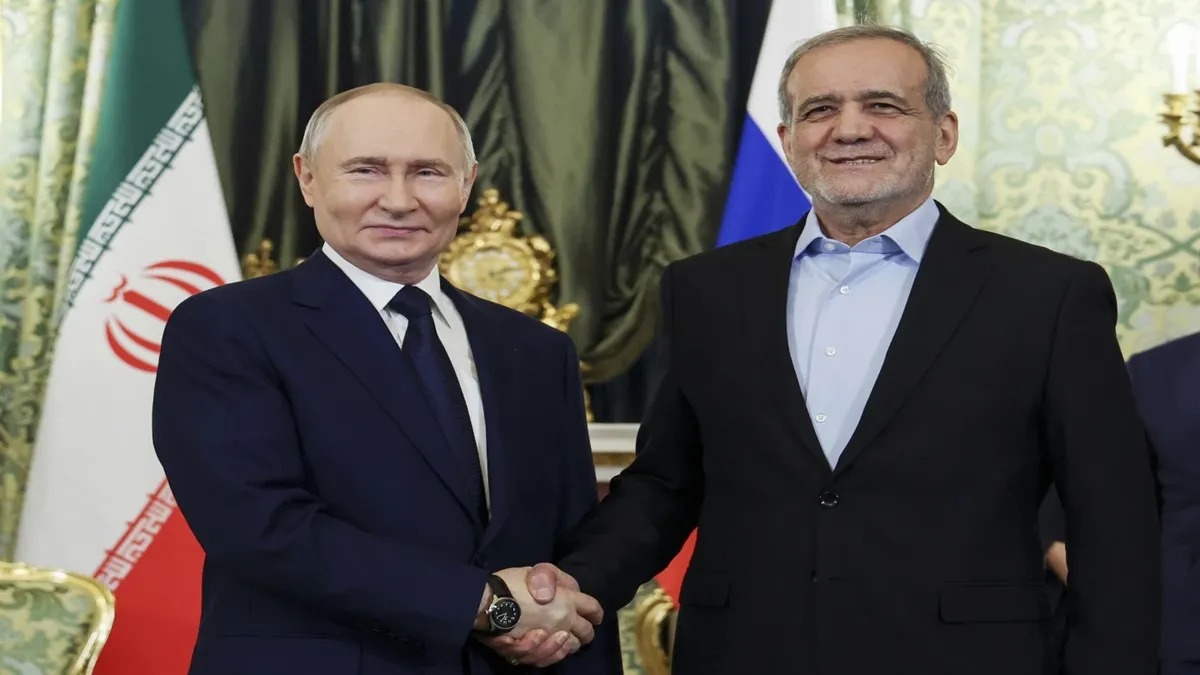
International: Canadian Prime Minister Justin Trudeau survived a no-confidence motion on Wednesday after his main political rival failed to muster enough support to end nine years of his Liberal Party rule. Doubts about Trudeau's leadership had intensified after his party suffered a second humiliating loss in a special election, but not enough to bring his government down.
Legislators in the House of Commons voted 211-120 to defeat a motion by the official opposition Conservative Party declaring a lack of confidence in Trudeau's minority Liberal government. Trudeau's popularity has sagged amid unhappiness over rising prices and a housing crisis and he became more vulnerable when the smaller New Democratic Party (NDP) withdrew from a 2022 deal to keep him in power till the next general election scheduled for 2025. However, the NDP also backed Trudeau on Wednesday.
"Today was a good day for the country because I don't think Canadians want an election," said Karina Gould, the senior Liberal in charge of government business in the House. The Liberals currently have 154 seats in the 338 Canadian House of Commons. The Conservates hold 119 and the NDP 24.
Trudeau faces new threat to his rule
Despite surviving the vote, other challenges loom for Trudeau. Earlier in the day, the leader of the separatist Bloc Quebecois, which has 32 seats in the Parliament, said he would work to bring down the government unless it quickly agreed to the Bloc's demands. This is particularly important as the Liberal Party will soon face a second vote on one of its budget measures, which is also a matter of confidence. However, it is expected to also survive that vote.
Bloc leader Yves-Francois Blanchet said he would keep Trudeau in power at least until the end of December if he gave more money to seniors and vowed to protect a system of tariffs and quotas that protect dairy farmers, many of whom live in Quebec. If the government did not formally do this by October 29, the Bloc would talk to opposition parties with a view to bringing down Trudeau, he told reporters.
Most polls show the Conservatives well ahead of the Liberals with the NDP sitting third. The Conservatives say they want an election as soon as possible on the grounds that Canadians cannot afford a planned increase in the federal carbon tax. They also say federal spending and crime have ballooned under the Liberals. Trudeau, while acknowledging public unhappiness, has accused the Conservatives of playing politics rather than focusing on what people need.
Trudeau's rising unpopularity
Trudeau, who first took office in November 2015, faces increasing unhappiness from voters over rising prices and a nationwide housing crisis that has been fueled in part by a spike in arrivals of temporary residents including foreign students and workers. He has suffered several political defeats as well - losing a byelection in Toronto in June and another in Montreal last week.
Some Liberal legislators have broken ranks to call for change at the top in the wake of Trudeau's rising unpopularity. Alexandra Mendes, a Liberal lawmaker who represents a Quebec constituency, said last week that many of her constituents wanted Trudeau to go. However, Trudeau is showing no signs of stepping down. He and his closest aides say he is going nowhere and has time to help the party recover.
Polls indicate the party would also be in trouble if an election were called now. The mandate for Trudeau's minority government expires at the end of October 2025, but an early election has become increasingly likely after the smaller New Democratic Party dropped its support.
--Advertisement--

 Desk
Desk Share
Share






